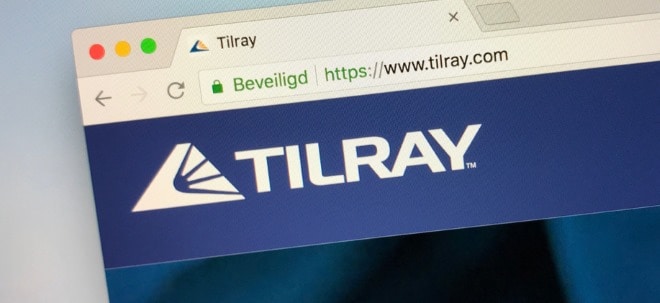PolyAI customers achieved 391% return on investment according to Total Economic Impact study
New study shows how enterprises saved costs, reduced abandonment rates and agent attrition, and saw payback in less than 6 months by deploying PolyAI
NEW YORK, July 29, 2025 /PRNewswire/ -- PolyAI, a leading provider of enterprise conversational AI, today announced the release of a Total Economic Impact™ (TEI) study conducted by Forrester Consulting. The 2025 study states that PolyAI delivered a return on investment (ROI) of 391% over three years — with a payback period of less than six months.
The Forrester study, commissioned by PolyAI and based on interviews with four of its customers across various industries, found key results from investing in PolyAI include:
- Improved customer and employee experiences
- Better insights drawn from greater data observability
- Significant increases in profit due to lower costs, reduced abandonment rates, and new upsell opportunities
PolyAI customers reported that the company's voice-first, omnichannel AI platform for customer engagement helped them solve persistent challenges, including high labor costs and attrition rates, missed revenue opportunities, long wait times, and low customer satisfaction scores. Forrester aggregated these factors into a composite organization model and found that interviewed enterprises using PolyAI achieved the following over a three-year period:
- $10.3 million in agent labor cost savings
- 50% reduction in abandonment rate
- 25% decrease in agent attrition
- Payback on initial investment in less than 6 months
"Enterprises are ready for an agentic future, but most are stuck in pilot mode. We help our customers deliver lifelike voice experiences that actually scale and create real business value. This study shows what our clients already know: better experiences lead to better outcomes," said PolyAI co-founder and CEO Nikola Mrkšić.
The study's findings reflect the benefits enterprises have seen using PolyAI's platform. Interviewed customers said:
"I track outside feedback from members — just overall ride-booking defects, complaints, and grievances, and PolyAI actually does a better job than a CSR in handling these instances. There are fewer booking errors and fewer complaints and grievances for rides booked by the bot versus a human." — Co-founder and CPO of a healthcare company
"In four weeks, we were able to deploy this virtual assistant on 40,000 calls. On day one, it handled over 80% of those calls without the need to speak to an agent. [...] The cost savings are obviously great, but it's more about what we are doing to make it easier for our customers to do business with us." — Director, contact center operations at a hospitality company
"PolyAI is without a shadow of a doubt helping to answer all calls as it does, but it also makes sure that even when we are busy, calls aren't waiting too long and are not abandoned as often as they were." — Customer services director at an insurance organization
The Total Economic Impact™ of PolyAI study was conducted by Forrester Consulting on behalf of PolyAI. To download the study, visit PolyAI's website.
About PolyAI
PolyAI builds the world's most lifelike voice agents for customer engagement. Our Agent Studio — the only voice-first omnichannel platform built on billions of data points from real voice interactions — helps enterprises like FedEx, Marriott, Allstate, and Unicredit carry out millions of natural-feeling, automated conversations every year. Our customers achieve results including 391% ROI and 83% faster call routing, and we've raised $120m to date from investors including NVIDIA and Khosla Ventures.
![]() View original content to download multimedia:https://www.prnewswire.com/news-releases/polyai-customers-achieved-391-return-on-investment-according-to-total-economic-impact-study-302515545.html
View original content to download multimedia:https://www.prnewswire.com/news-releases/polyai-customers-achieved-391-return-on-investment-according-to-total-economic-impact-study-302515545.html
SOURCE PolyAI


